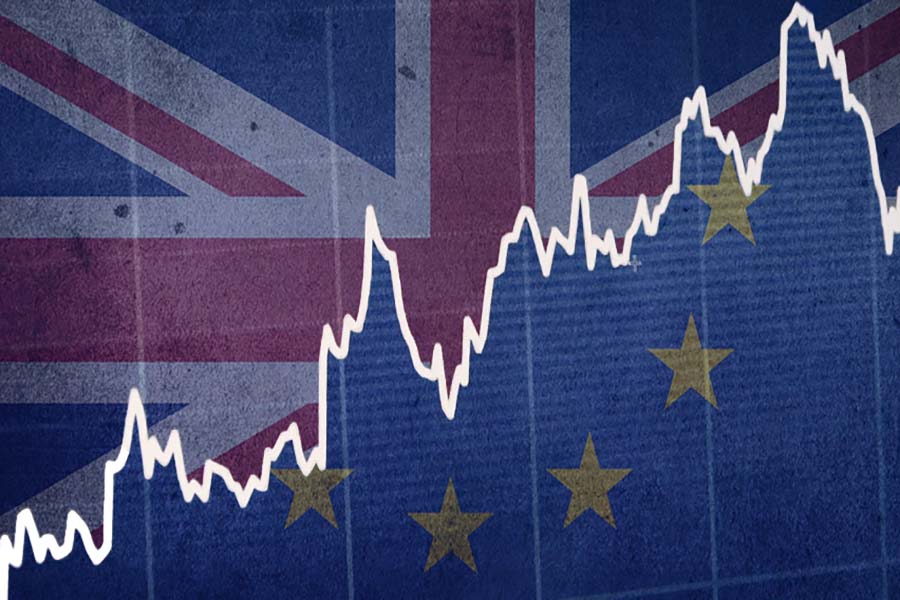
By Professor John Bryson, Professor of Enterprise and Competitiveness
Department of Strategy and International Business, University of Birmingham
As Theresa May tries to persuade politicians and the British people to support the deal that she has negotiated with the European Union, Brexit becomes even more exciting. Perhaps, the best way of describing this deal is that it’s a deal negotiated by the European Commission, with the assistance of the Irish Government.
Today, the Treasury will publish its assessment of the impacts that different Brexit scenarios could have. We have been here before. In May 2016, the Treasury forecast that leaving the European Union would lead to an immediate year-long recession. Up to 820,000 jobs would be lost within two years, and there would be an immediate and profound economic shock. Obviously, the Treasury’s forecast was ‘correct’, and it was unfortunate that the UK economy continued to grow and create jobs after the referendum.
The Brexit debate has been informed by a host of economic models and modellers. On the ‘Today’ programme this morning, the discussion was about the ‘data’ that was going to be released regarding Brexit outcomes. The word ‘data’ is incorrect in the context of any economic model that is designed to predict future outcomes. A model contains data, but the outcome should never be considered as ‘data’ in the sense that this is a real reading of the economy. The difficulty is that such models attempt to predict the future; all are completely or partially wrong. There is no way of telling which model to believe or which is the better model.
A model can never be reality. They are based on assumptions of past performance, assumptions about impacts that are always politically motivated or reflect a particular reading of the economy, or on the behaviour of a form of artificial or virtual economy. All modellers and pollsters should come with an independent assessment of the accuracy of their previous forecasts. Such an assessment should come as mandatory on all Treasury or Bank of England forecasts. Equally important, the assumptions behind the model must be transparent and open to an informed debate.
It is always worth remembering the meaning of the word statistics. These are numbers produced for the ‘state’. There is no such thing as an unbiased set of statistics and no such thing as an objective model. Models are valuable as they can inform debate, but need to be used with great care. Part of this debate must be about the accuracy of earlier forecasts and part must be about the modellers and their assumptions. In many instances, the outcome of an economic model says more about the modeller than the economy.
I have been surprised about the absence of clarity in the Brexit debate. The political and media debate has been hinged on discussions of economic impacts and migration. This is very strange and reflects the short-term interests of politicians and journalists. The economy is dynamic and continues to alter. Therefore, any deal regarding economic relationships between the UK and the European Union must be extremely flexible and enable both the UK and the EU to adapt rapidly.
The Brexit debate tends to forget that the UK joined the EU when it was a customs union. Today, the EU is much more than a customs union, but has been shifting towards some form of much closer political union. One prediction that is perhaps a certainty is that there will be a continuation and an intensification of the transfer of power from member states to the EU. Any attempt to model the impacts of Brexit must include the benefits that will accrue to the UK from enhanced self-determination. The difficulty is that this would be impossible to model. This is unfortunate as this is perhaps the most valuable impact that will come from the UK’s decision to leave the EU. The right deal would enhance this country’s ability to negotiate and react rapidly to events, and the wrong deal will ensure that the UK moves at the speed of the EU – slowly, if at all.
